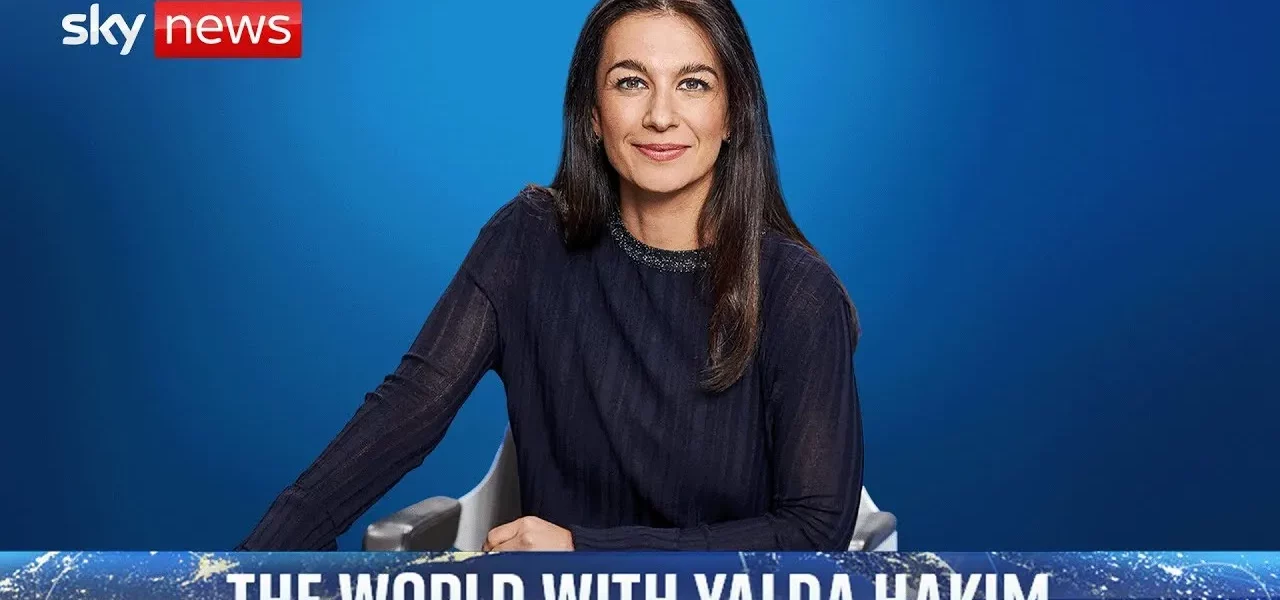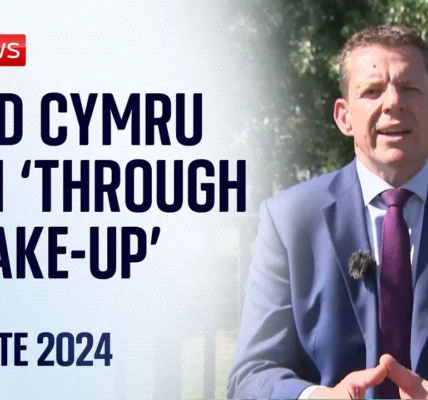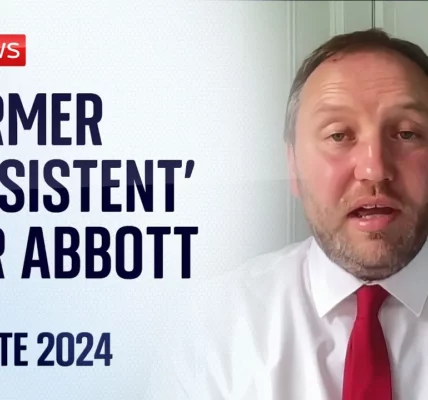Is Now the Time for NATO to Open Its Doors to Ukraine?

As the world watches the ongoing conflict in Ukraine, the question arises: should NATO extend its membership to Ukraine? This article delves into the recent tragic events, NATO’s response, and the potential political shifts that could influence Ukraine’s future.
Introduction
The recent missile attack on a children’s hospital in Kyiv has reignited discussions about Ukraine’s place in NATO. As the nation grapples with the aftermath of this devastating strike, the pressing need for stronger international support becomes evident. Ukraine’s President Volodymyr Zelensky has been vocal in his appeals for NATO membership, arguing that such a move could provide essential protection against further aggression from Russia. However, the complexities of international politics and the looming threat of a second Trump presidency complicate the situation.
The Humanitarian Crisis in Ukraine
Ukraine is currently facing an unprecedented humanitarian crisis, particularly in the wake of the recent attack on the Amod Children’s Hospital. This facility was treating the most vulnerable patients, including children with serious health conditions.
Details of the Attack
The missile strike resulted in the tragic loss of lives, including that of Dr. Fana Lukyanuk, a dedicated pediatric nephrologist. The attack has drawn global outrage, yet questions remain regarding accountability and the response from world leaders.
- Over 300 people were injured, including eight children.
- International condemnation followed, particularly from the UK and the US.
- Ukraine has provided evidence suggesting the missile was of Russian origin.
Global Reactions
Despite widespread condemnation, actions taken against Russia have been limited. The international community faces mounting pressure to respond decisively to such war crimes.
NATO’s Response and Future Prospects
As NATO leaders convene at a summit in Washington, the implications of their discussions could significantly impact Ukraine’s defense strategy.
NATO Membership for Ukraine
President Zelensky has emphasized the urgency of NATO membership, which he believes could deter further Russian aggression. However, NATO member states have been hesitant to commit to such a move, fearing it could escalate the conflict.
The Political Landscape
The potential return of Donald Trump to the presidency raises further concerns regarding NATO’s unity and its commitment to Ukraine. Trump has previously criticized NATO and suggested a reduction in support for the alliance.
Implications of a Trump Presidency
Should Trump regain power, the political support for Ukraine may wane, potentially leaving the nation vulnerable to further attacks. This scenario has led to calls for a bipartisan approach to ensure sustained support for Ukraine.
- Evaluate the implications of a Trump presidency on NATO’s future.
- Strengthen the defense capabilities of Ukraine in the interim.
- Encourage unity among NATO allies to present a strong front against Russian aggression.
Conclusion
The recent attack on Ukraine’s children highlights the urgent need for a robust international response. As NATO grapples with its strategic direction and the implications of potential political changes in the US, the future of Ukraine remains uncertain. The call for NATO membership is more pressing than ever, as Ukraine continues to seek support in its fight for sovereignty and protection against war crimes. The global community must stand united in its resolve to assist Ukraine, ensuring that the sacrifices made do not go in vain.
Call to Action: It is imperative for citizens around the world to advocate for greater support for Ukraine. Engage with your representatives and promote awareness about the ongoing crisis, ensuring that the voices of those affected are heard.
“`




